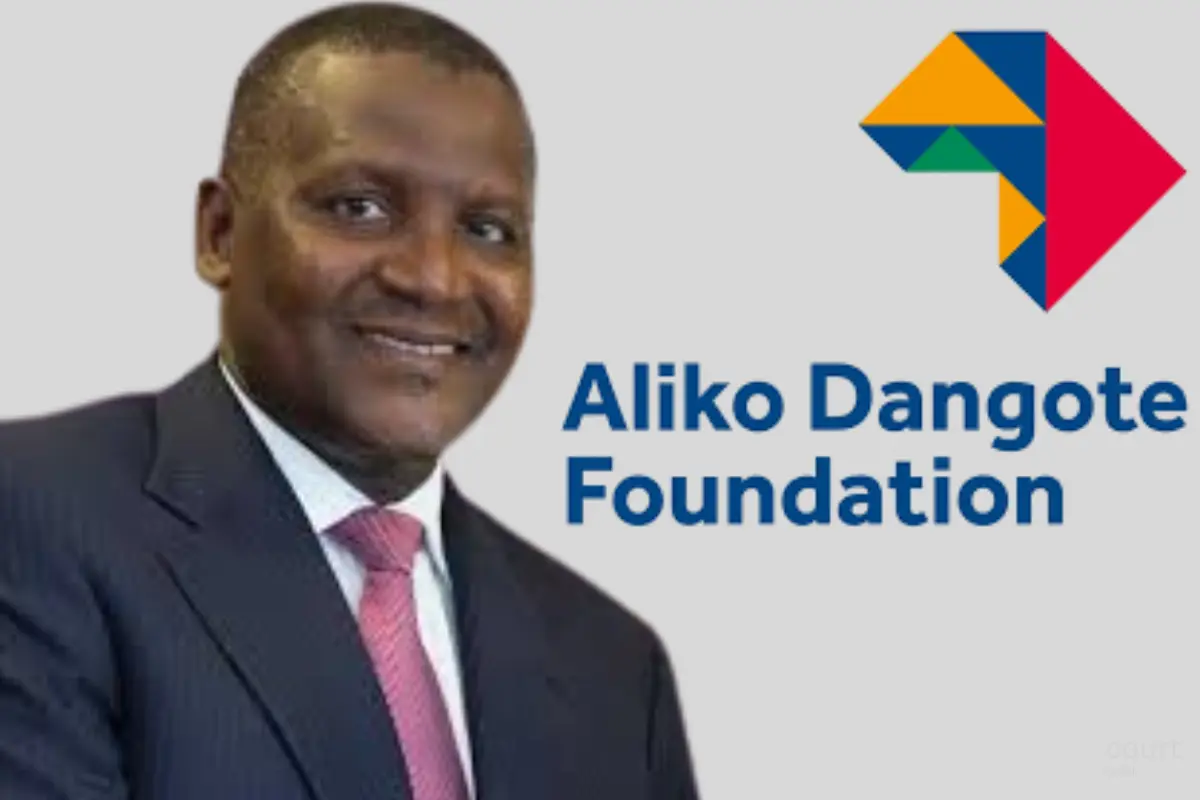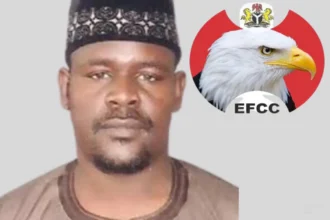Lagos, Nigeria – A Chinese national, Xiao Hong Will, is currently standing trial for alleged cyber terrorism and internet fraud. A witness in the case has revealed how he was instructed to disguise himself as a female to gain clients’ trust.
At the latest hearing on Friday, February 7, 2025, before Justice D.I. Dipeolu of the Federal High Court in Ikoyi, Lagos, the first prosecution witness, Rowland Turaki, testified about his role in the alleged fraudulent scheme. Turaki, a cybersecurity student, stated that he was employed by the defendant and was directed to assume a false identity to deceive unsuspecting victims.
Hong Will was among 792 suspects arrested during the Economic and Financial Crimes Commission’s (EFCC) surprise raid, dubbed the “Eagle Flush Operation,” on December 19, 2024. The suspects were allegedly involved in cryptocurrency investment and romance scams.
On January 31, 2025, Hong Will was arraigned alongside Genting International Company Limited on a three-count charge, including cybercrimes, cyber terrorism, possession of fraudulent documents, and identity theft.
One of the charges against him states: “XIAO HONG WILL and GENTING INTERNATIONAL CO. LIMITED, on or about the 18th of December 2024 in Lagos, within the jurisdiction of this Honorable Court, willfully caused to be accessed, computer systems organised to seriously destabilise the constitutional structure of Nigeria (which prohibits and prevents cyber and related crimes) when you procured/employed Nigerian youths for identity theft and to hold themselves out as persons of foreign nationality, with the intent to gain financial advantage for yourselves, thereby committing an offence contrary to and punishable under Section 18 and 27 of the Cybercrimes (Prohibition, Prevention, Etc) Act, 2015 (As Amended, 2024).”
Hong Will pleaded not guilty to the charges.
During Friday’s proceedings, EFCC prosecution counsel, Bilkisu Buhari, informed the court that the prosecution was ready to proceed with the trial. However, the defense counsel, B.A. Omateno, argued that the case was complex and requested more time before cross-examination.
Justice Dipeolu ruled that the defense counsel’s submission was insufficient to halt proceedings and directed the trial to continue.
In his testimony, Turaki detailed how he was recruited. “I met him at the office where we worked. He was one of our employers. In mid-November, I was searching for a laptop for my cybersecurity studies on Jiji.ng when I came across a job opening for a Customer Service Representative role at a company. The advertised salary was ₦250,000 per month. I clicked on the ad and was directed to a WhatsApp number, which I messaged. Shortly after, I was added to a group.”
Turaki explained that he was invited for an interview at 7 Oyin Jolayemi Street, Victoria Island, Lagos, where he was tested on his typing speed rather than his computer proficiency. “The test was to type at least 30 words per minute. Once I met the requirement, I was hired on the spot, with no follow-up questions. I was given details about the salary, accommodation, and transportation arrangements and was asked to resume work the next day.”
Upon resumption, Turaki said he was handed a script containing guidelines for interacting with clients. “I was instructed to memorize the script and use it in conversations with potential clients. Over the next three days, my sole task was to study and internalize the provided guidelines.”
The trial remains ongoing, with the prosecution expected to present additional witnesses and evidence in subsequent hearings. Legal analysts anticipate that the case could set a significant precedent for cybercrime enforcement in Nigeria, given the scale of the operation and the international involvement of the accused. The defense is also expected to mount a rigorous challenge to the allegations, which could lead to an extended legal battle. More testimonies and expert analyses are expected to shed further light on the depth of the alleged cybercrime network.


















